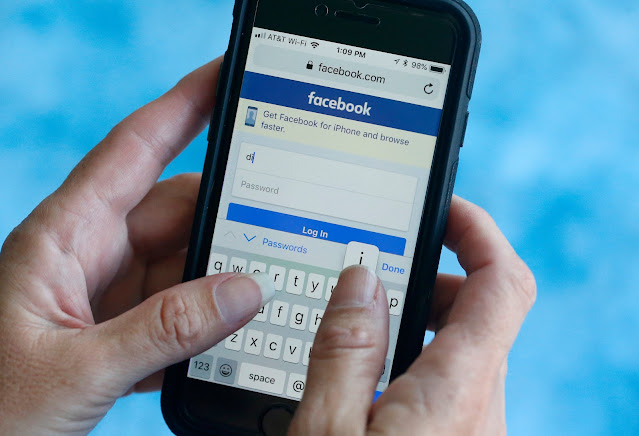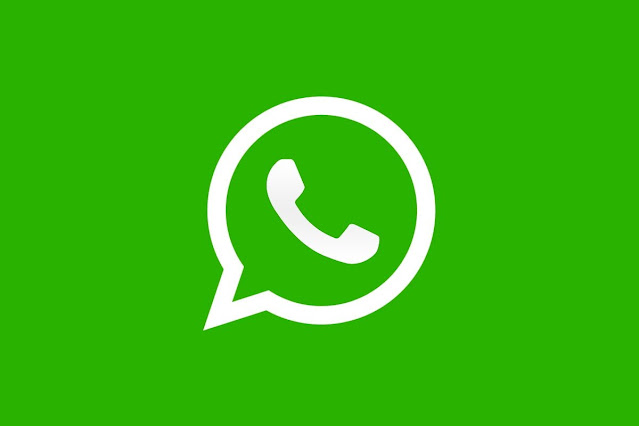FB Account Hacked How to Recover In Just 4 Steps Recover It
INTRODUCTION
Facebook Profile Stolen The Road to Revival Whether your Facebook account has been compromised or you simply wish to boost security, the following information will help you regain it.(fb account hacked how to recover 2020)
You attempt to get onto Facebook to send a birthday greeting to a buddy, but the site won't load. You have to ask yourself, "How do I recover a hacked Facebook account?"
Even though Twitter and Instagram are neat, Facebook has approximately 3 billion regular users around the world. It's also a common target for malicious hackers. Before the epidemic, it was estimated that as many as 160 million Facebook accounts were compromised per day. The likelihood of having your Facebook account hijacked is higher than ever, as cybercrime of all kinds rose in 2018, as detailed in SonicWall's 2022 Cyber Threat Report. In order to recover your Facebook account, you should learn the proper procedures.
Knowing how to prevent thieves from acquiring your personal information is maybe even more crucial. After all, it's not uncommon for hackers to target accounts based on information given by users.
Your birthdays, anniversaries, home addresses, and more are all fair game for the bad guys to pry into if you post them online without a second thought. As the saying goes, "That's all juicy information for hackers,"
Just as it is essential to take safeguards against Facebook scams, Facebook Marketplace scams, and essentially any online scams, so too must you take measures to protect yourself from hackers. Read on to learn hacking prevention strategies, how to recover a compromised Facebook account, and signs that your computer has been compromised.
Restoring a Compromised Facebook Account
It's scary to think that someone can impersonate you online and read all of your private images and postings, as well as communicate with your friends and family. If you have access to your compromised Facebook account, you can restore it by following the instructions below.
- Alter your password as soon as you can.
A user can adjust their account's settings and privacy by clicking "Settings and Privacy."
The option "Password and Security" must be chosen.
Click the link that says "Change Passwords."
Second, have a look at all of the gadgets you have linked to Facebook.
In addition, the "Where You're Logged In" list may be found on the "Password and Security" page. Follow these steps to locate an unfamiliar login:
Choose the shady sign-in option.
When you go to the "Secure Account"
Third, let Facebook know.
Even if all of the logins are ones you're familiar with, you should still alert Facebook that something is amiss with your account. This is how:
To view the "Password and Security" page, click on it.
Select it and then click "Get Help."
Send in a report about it.
Fourth, report the cybercrime.
Although it is usually unnecessary, the FBI recommends reporting crimes to the Internet Crime Complaint Center at ic3.gov.
What do I do if someone has hacked into my Facebook account?
Use previously saved information
If you're having trouble logging into your Facebook account, visit Facebook.com/hacked. The initial account opening phone number is required. If you've forgotten your password, Facebook can help you reset it and offer advice on how to keep your account safe in the future.
If Facebook detects suspicious activity, it may lock your account as a precaution. You have a year from the time the account was locked to unlock it. After that, the corporation may choose to erase it.
SEE ALSO : Predator Helios 500 Review – A desktop disguised as a laptop
How do you keep your Facebook account from being hacked again?
It's up to you to make it as difficult as possible for bad actors to access your account, as you'd be astonished at what they can accomplish with just your cell phone number.
Cleary says that you actually have more control over keeping your account secure than you might think. By adhering to these steps, you can lessen the likelihood that your account will be compromised.
Improve the security of your password.
Cleary recommends using a passphrase longer than a single word, preferably one that contains at least 16 characters. You should not use this password for any other online service. If keeping track of your many passwords becomes too much of a nuisance, Cleary suggests investing in password management software. Never use a password that can be easily guessed.
- A system that requires two different methods of verification.
This function may be the single most important advance in cyber security. This is how it functions: Facebook will prompt you to enter your password and a verification code through text message or push notification if you attempt to log in from a device or browser it hasn't seen before. The door will then permanently lock behind you.
Facebook's "Password and Security" tab is where you'll want to make these adjustments. Once "Two-Factor Authentication" has been chosen, continue with the on-screen instructions.
- Disconnect the associated apps
While it may be handy to sign into third-party apps and websites with your Facebook account, doing so may not be the most secure practice. Doing so will grant these apps access to your information. To view the external services you have connected to your Facebook account, navigate to "Apps and Websites" in your account settings. After viewing a list of associated apps and websites, you can delete them from that location.
- Set up new safety precautions
The Facebook hack should serve as a panic button, prompting users to research how they might enlist the help of friends to restore access to their accounts. On the same "Password and Security" page, you can select three to five reliable friends to receive Facebook links and codes on your behalf in the event of an unauthorized login. You can contact them to receive the information and use it to restore your compromised Facebook account.
- Exercise caution while disclosing private information.
While details on the fantastic lunch you had at a restaurant last week won't be useful to hackers, basic personal information could be. Cleary wonders if it's important to bring up personal details like where you were born and if you're married. You may make it harder for hackers to crack your security questions and obtain access to your online banking and other accounts by leaving out information.
Conclusion
Stop and think before you click. If you receive a message purporting to be from a social media firm and warning that your account has been hacked, do not follow any of the instructions given in the message. A hacker may be using this as a decoy. Instead, use the app or visit the website.
Keep an eye out for anything that seems out of place. Be wary of mail you didn't send, posts you didn't make, and purchases you didn't make. These could be signs that someone has hacked your account or guessed your password. One of your PCs might be in the hands of a reckless teenager.






Comments
Post a Comment